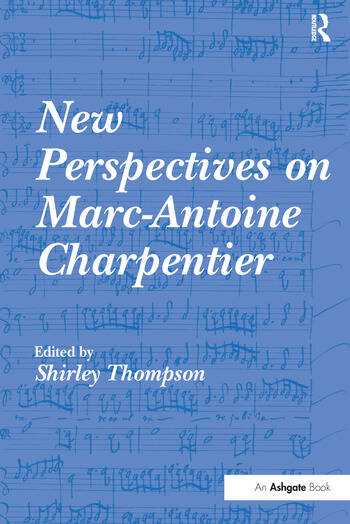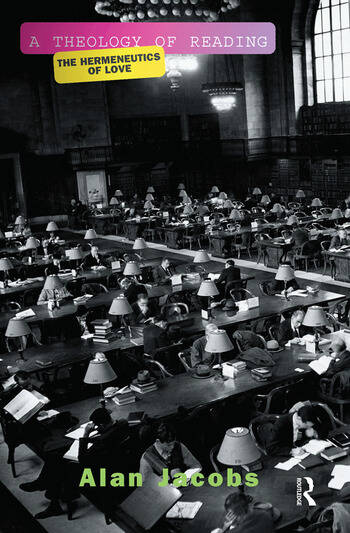The Urban Wisdom of Jane Jacobs
Here for the first time is a thoroughly interdisciplinary and international examination of Jane Jacobs’s legacy. Divided into four parts: I. Jacobs Urban Philosopher; II. Jacobs Urban Economist; II. Jacobs Urban Sociologist; and IV. Jacobs Urban Designer the book evaluates the impact of Jacobs’s writings and activism on the city the professions dedicated to city-building and more generally on human thought. Together the editors and contributors highlight the notion that Jacobs’s influence goes beyond planning to philosophy economics sociology and design. They set out to answer such questions as: What explains Jacobs’s lasting appeal and is it justified? Where was she right and where was she wrong? What were the most important themes she addressed? And although Jacobs was best known for her work on cities is it correct to say that she was a much broader thinker a philosopher and that the key to her lasting legacy is precisely her exceptional breadth of thought?

















































